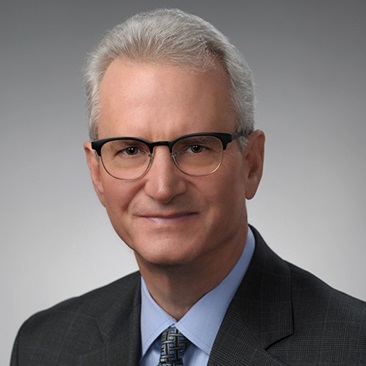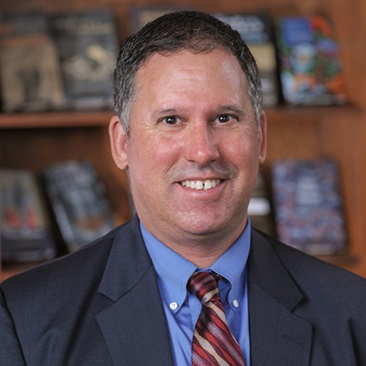Public Higher Education That Works: One College’s Path to Academic Success and Financial Stability
Mitchel B. Wallerstein
Teachers College Press, September 2024

Mitchel Wallerstein ’72 M.P.A., dean of the Maxwell School from 2003 to 2010, has recently published “Public Higher Education That Works: One College’s Path to Academic Success and Financial Stability” (Teachers College Press, 2024).
The book focuses on Wallerstein’s 10 years as president of Baruch College of the City University of New York (CUNY). He explores the school’s financial and academic success, comparing it with public higher education institutions in six states, and reflects on whether Baruch’s model is replicable or sustainable for other institutions.
During Wallerstein’s tenure as president, Baruch College was top ranked for the social mobility of its graduates. Under his leadership, the college achieved record fundraising and added several new facilities and degree programs with universities around the world.
Before serving as dean of Maxwell, Wallerstein served as deputy assistant secretary of defense for counter-proliferation policy and senior defense representative for trade security policy from 1993 to 1998. From 1998 to 2003, he served as vice president of the John D. and Catherine T. MacArthur Foundation, where he directed the organization’s international grantmaking program.
Wallerstein is president emeritus and University Professor at Baruch College, where he teaches courses on international security, public policy and the policy implications of global climate change. He is the author of numerous books, articles, monographs and other publications on national security, international politics and U.S. policy, including a co-authored book with Maxwell professors William Banks and Renée de Nevers entitled, “Combating Terrorism, Strategies and Approaches” (Congressional Quarterly Press, 2008).
From the publisher:
Discover how one public higher education institution was able to succeed despite the many obstacles and challenges that it faced. This is the story of how and why Baruch College of The City University of New York became a “positive outlier,” overcoming serious financial constraints, physical space limitations, and other difficulties to be highly ranked academically and financially stable. During a tumultuous time for public higher education, Baruch has graduated tens of thousands of smart and striving individuals (the majority of whom were the first in their family ever to attend college) with little or no educational debt. As the former president of the college, Mitchel Wallerstein analyzes the lessons learned, and he identifies the specific factors that explain Baruch’s success. He addresses the question of whether there is anything unique about Baruch’s approach―a “secret sauce,” so to speak―that accounts for its academic success and financial strength, and he considers whether the Baruch model can be replicated by other public institutions.
Published in the Fall 2024 issue of the Maxwell Perspective
Related News
Commentary

Mar 27, 2025
Commentary

Mar 26, 2025
Commentary

Mar 24, 2025